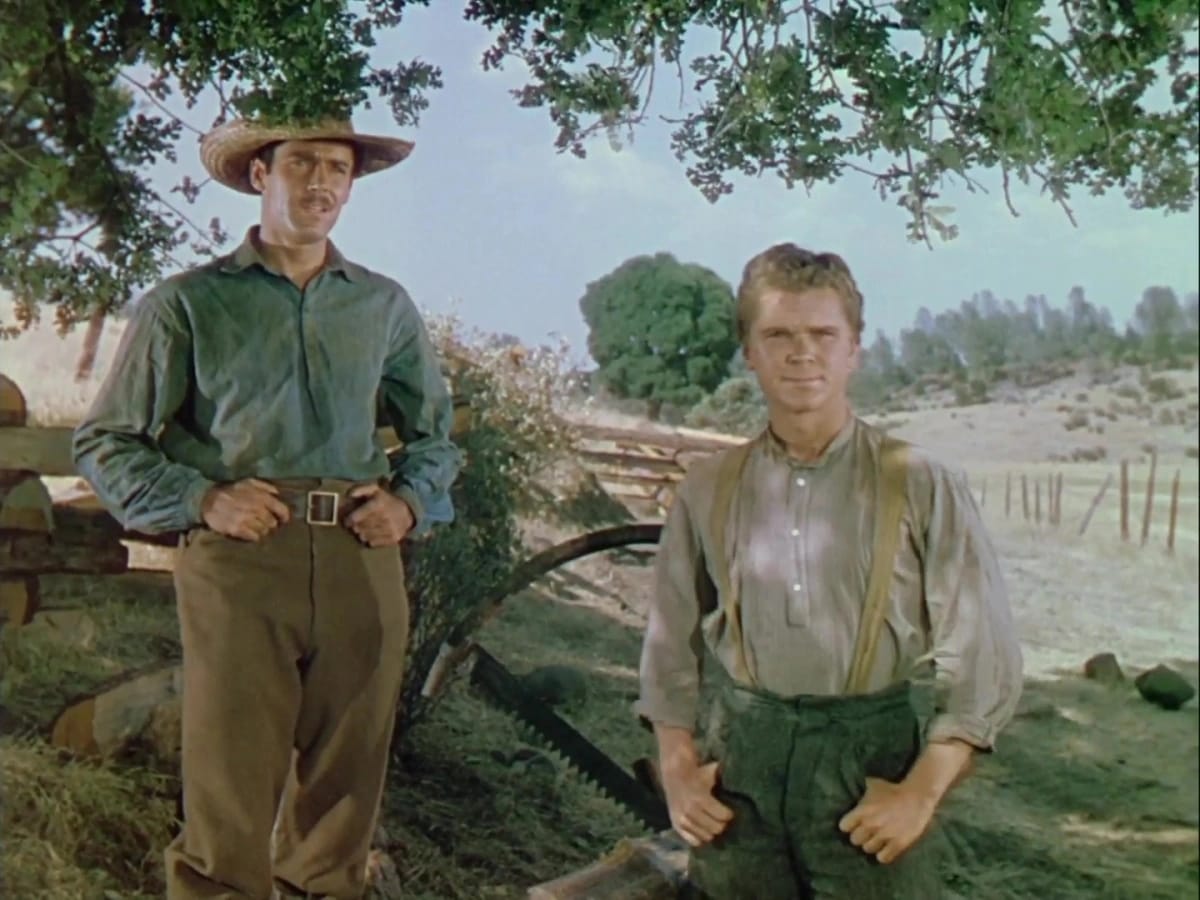Fritz on Fridays: The Return of Frank James
The Return of Frank James is a sound film that bears the marks of a silent film director.

On the first Friday of every month, this column by critic Joshua Polanski will feature a short review or essay on a film directed by Fritz Lang (1890-1976), the great Austrian “Master of Darkness.” Occasionally (but not too occasionally), Fritz on Fridays will also feature interviews and conversations with relevant critics, scholars and filmmakers about Lang’s influence and filmography.
The Return of Frank James is a sound film that bears the marks of a silent film director. On my first rewatch of Fritz Lang’s first of three Westerns, what struck me the most was the abundance of text! Newspaper articles, street signs, more newspaper articles, handwritten notes, etc. The viewer of Frank James must also be a reader. The text functions much the same as in a silent film, too. In some sense, that’s all it is: the leftovers of an old way of making movies by an artist who used to make movies that way. And that’s fitting because this is a grandpa’s movie if there ever was one.
It’s not a completely genetically subservient Western, though. Indigenous Americans are entirely absent, a rarity for a genre built on the back of western expansion and white supremacy. The final 20 minutes or so are more courtroom drama than traditional shootout, and the titular protagonist (Henry Fonda) never actually kills anyone. Rather than telling the story of a renegade against the corrupt establishment — a much more common genre trope — Lang’s first go at this genre is about a man wrongly accused (no matter how ahistorical Lang’s understanding of Frank and Jesse James may be) of crimes he did not commit.
Continue reading at the Midwest Film Journal.